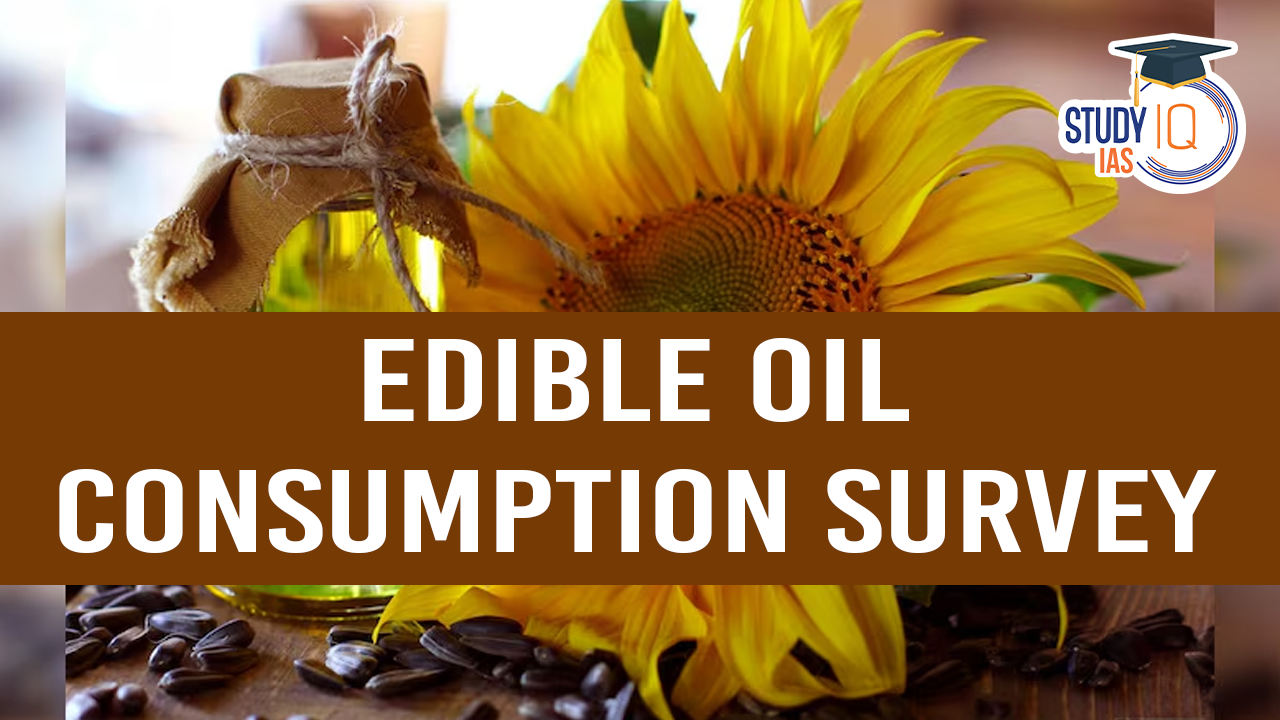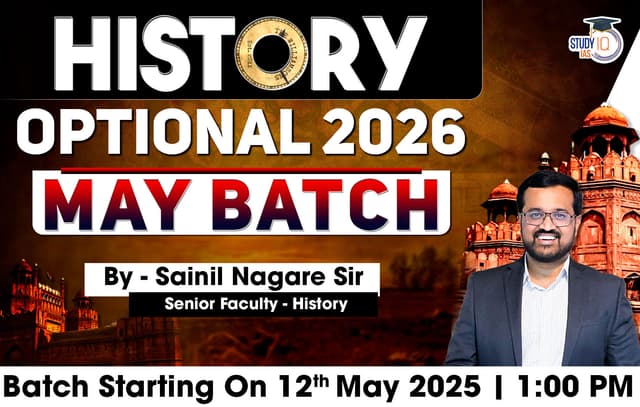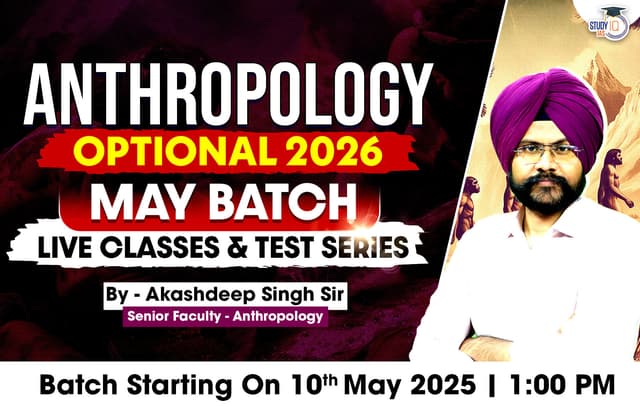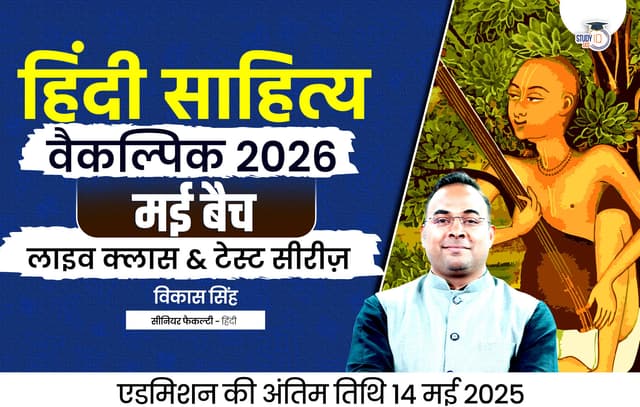Table of Contents
Context
The Union Agriculture Ministry has launched India’s first-ever survey to analyze edible oil consumption patterns across the country. This initiative aims to gather data critical for implementing the National Mission on Edible Oils-Oilseeds (NMEO-Oilseeds) effectively.
Key Details of the Survey
- Objective: To assess consumption trends and identify key areas to reduce India’s dependence on edible oil imports.
- Significance: India, the largest global consumer and importer of edible oils, lacks updated data on consumption, making the survey essential for evidence-based policymaking.
About National Mission on Edible Oils-Oilseeds (NMEO-Oilseeds)
Introduction:
Launched by the government, NMEO-Oilseeds focuses on increasing domestic edible oil production to ensure self-reliance and reduce import dependency.
Key Objectives:
- Boost Domestic Production:
- Targeting oilseed production growth from 39 million tonnes (2022–23) to 69.7 million tonnes by 2030–31.
- Encouraging cultivation of oilseed crops like soybean, groundnut, mustard, and palm oil.
- Reduce Import Dependency:
- India currently imports 55–60% of its edible oil requirements.
- For the 2023–24 oil marketing year, India imported 15.96 million tonnes of edible oil.
- Promote Self-Reliance:
- Aligning with the government’s vision of Atmanirbhar Bharat (self-reliant India) in essential commodities.
Key Components of NMEO-Oilseeds
- Financial Support:
- Incentives for farmers to adopt high-yielding oilseed varieties.
- Investments in oilseed processing infrastructure to minimize post-harvest losses.
- Research and Development:
- Development of pest-resistant and climate-resilient oilseed crops.
- Technology adoption for improved oil extraction and processing methods.
- Expansion of Palm Oil Cultivation:
- Promoting oil palm plantations, particularly in northeastern states and coastal regions.
- Focus on increasing crude palm oil (CPO) production.
Significance of the Survey and Mission
- Data-Driven Policies: The survey will help policymakers create targeted interventions to enhance edible oil production and reduce reliance on imports.
- Economic Impact: Reducing imports can save foreign exchange and boost the income of Indian farmers.
- Nutritional Security: Ensures the availability of high-quality edible oils at affordable prices for all sections of society.
Conclusion
The edible oil consumption survey, along with the NMEO-Oilseeds initiative, represents a major step toward achieving self-reliance in edible oil production. By understanding consumption patterns and encouraging domestic cultivation, the government aims to reduce dependency on imports and strengthen India’s agricultural economy.
Don’t miss out on the opportunity to learn from the best. StudyIQ’s UPSC Optional Live Batches are filling up fast! Ensure your spot and start your UPSC preparation journey with expert guidance and a community of like-minded aspirants. Contact us now to reserve your seat and begin your journey toward success!


 India Shoots Down Pakistani JF-17 Fighte...
India Shoots Down Pakistani JF-17 Fighte...
 India Shot Down Pakistani F-16 Jet Amid ...
India Shot Down Pakistani F-16 Jet Amid ...





















